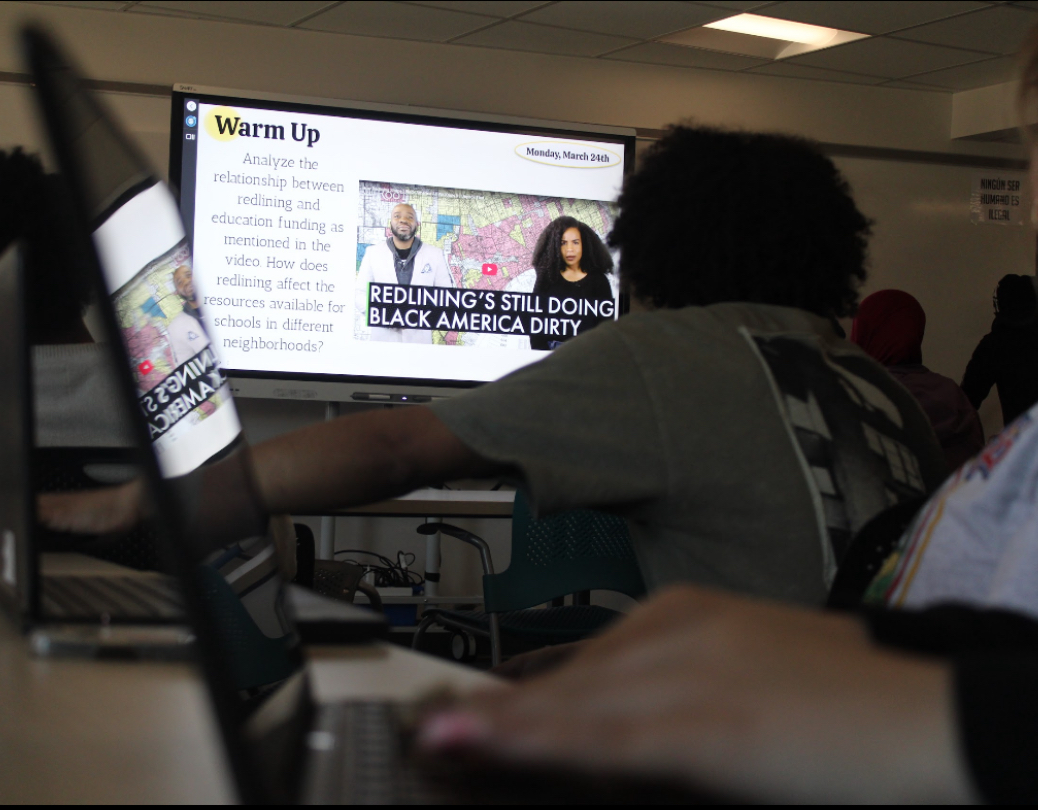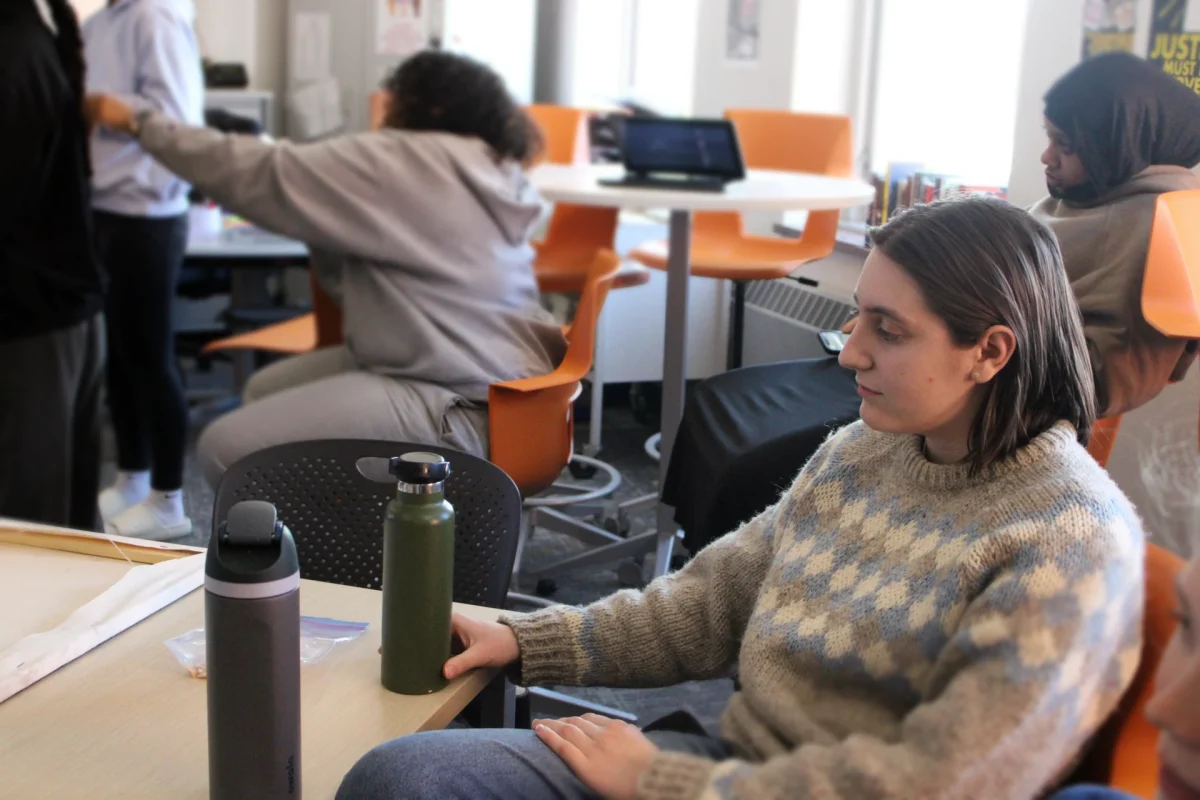In consideration of the Disney live-action adaptation of “Snow White” premiering, I thought of the interconnection of its controversial marketing and the contemporary political conversations surrounding women. In one of her interviews, Rachel Zegler, the actress who portrays Snow White in the live-action adaptation, stated that it is “no longer 1937” and claimed that, in the upcoming film, Snow White would not be written as a princess who dreams of a true love and is saved by a prince. In opposition, she claimed that Snow White would dream of becoming a leader — “the leader her father told her she could be if she was fearless, fair, brave and true.”
Zegler’s commentary sparked outrage, and I am one to admit that it made the film seem uninviting. Comparisons were drawn between her and the actresses who have portrayed Disney princesses in the live-action adaptations preceding “Snow White.” People claimed Zegler’s statements regarding Snow White should have been more similar to what Elle Fanning said in interviews when she portrayed Aurora in “Maleficent,” as in them, she alluded to Aurora possessing strength in her feminine nature and softness.
This entire conversation interested me because I feel there is a conflict between feminine women and unfeminine women, which is propagated by societal expectation. When I was young, society was abandoning gender constructs. I did and still do take great solace in “strong” women and “strong” characters — women who are not seen as immensely feminine — because of this. I was praised for the behaviors and personality characteristics that imitated theirs, and because of the abandonment of gender constructs, I was made to believe I had to meet unfeminine standards and relate to the women who dressed in armor alone. Seeing characters such as Hermione Granger, Katniss Everdeen and Wonder Woman was defining. When I saw women who did not conform to gender constructs, a shadow was cast over femininity because it was as though women were expected not to. These women and their representation in film did not have an absence of femininity, yet I felt they were praised more for being “badass” than for being women. Criticism of Zegler’s commentary was, therefore, unbelievable to me. I would never have expected that women would desire gender constructs and more traditional women, as I believe I have been conditioned by a distorted position on femininity and feminism. Why are unfeminine women not seen as feminine, and why are feminine women seen as conforming to gender constructs alone? Why are the unfeminine woman and the feminine woman not synonymous?
In considering this conflict, I believe it is important to understand societal expectations and their impact. Independence movements and women’s rights movements contributed to the abandonment of strict gender constructs, as well as cultural and economic circumstances that demanded more from women. The portrayal of strong, capable women in a professional context and in entertainment was seen as a way to challenge perceived societal expectations and empower women to pursue their ambitions and determine their purpose. Showcasing women in action-oriented and traditionally masculine roles broke the stereotypes that limit women’s opportunities and capabilities. The unfeminine woman is an attempt to articulate the complexity of women — that women are more than just damsels in distress.
In opposition to the abandonment of gender constructs, some women lean towards femininity by instinct, exhibiting feminine behaviors and being drawn to traditionalism. With political frustration and discomfort in contemporary societal expectations, these women cling to gender as a social construct. The desire of what has been considered unfeminine has overshadowed what is important to them — the art of being nurturing, sensitive, empathetic, gentle, elegant and refined. Though unfeminine women possess these characteristics, the evolution of gender constructs has left some women feeling unseen for their dreams of true love and of becoming a mother; that is what I believe the origin of this conflict to be. A lot of people believe the essence of Snow White lies in her being innocent, pure-hearted and optimistic in her gentle and trusting nature. She is not submissive or lacking self-esteem, which is what people figured Rachel Zegler suggested in her interviews.
As a young woman in this modern age, my connection to societal expectation and entertainment — my existence — has been an affirmation of the divide between nontraditional women and traditional women. Yet, that is why I am discontent. In my opinion, femininity is being both traditional and nontraditional because, though I long to be a mother, I have the independence and drive demanded to pursue the career I want in medicine. In this, though I understand their conflicting nature, the modern age begs the unfeminine and feminine woman to be synonymous. Women are not women without the traditionally unfeminine and feminine characteristics possessed by them; therefore, defining femininity as traditional is just as dangerous as the characteristics of a traditionally feminine woman being lost to non-traditionalism. There needs to be a place for all women and the characteristics they share — the femininity they are drawn to.
In consequence, though I understand what Zegler intended by stating that Snow White being a leader is more important than desiring true love, I do feel she undermined the strength of Snow White’s trusting nature and pure heart, which defined her resilience. She undermined the truth of what meeting the prince meant to Snow White. I believe that, as members of a society, we are all guilty of that. In seeking to empower women, we fail to see their “feminine” characteristics. In seeing their “feminine” characteristics alone, we underestimate them. Therefore, entirely understanding women and their societal position means not being ignorant of the “unfeminine” and “feminine.” It means seeing all sides of a woman. For this to be true, one needs to see that all sides of a woman are desirable; there should be no criticisms of which kind of woman or which part of a woman is the fairest of them all.










